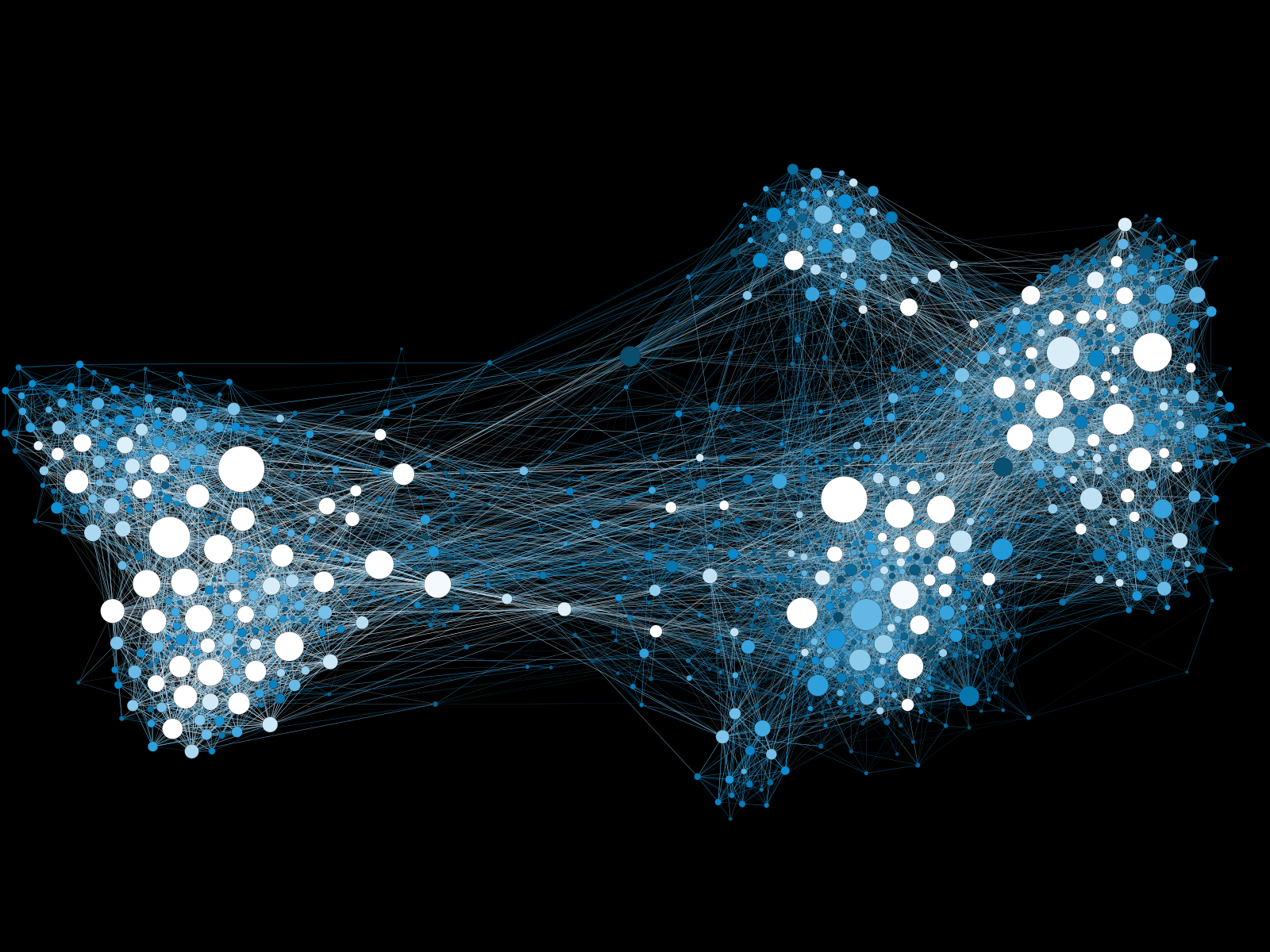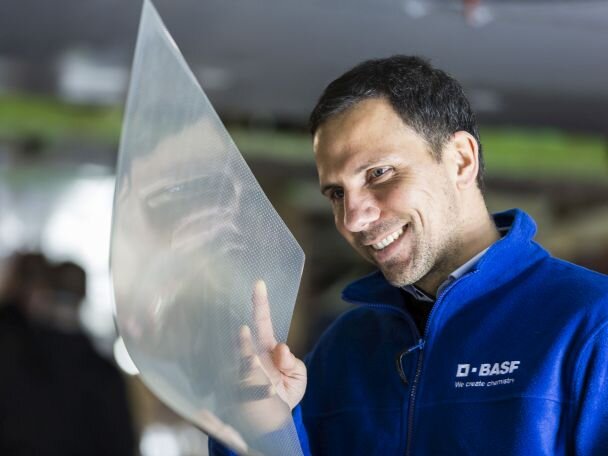We have all seen and experienced the explosive impact of the age of information. Everything about our lives has changed. People, families, groups, institutions, and businesses have all been radically remade by the internet and the new net-economy.
Change at the Speed of Light
The pace of change has become so rapid that social transformations are occurring nearly everywhere on the planet. If the 21st century can be characterized by anything, at this point, it is the emergence of open standards in the digital age. Open information networks as a standard is the exact opposite of what the Bell System monopolies and the US military’s Arpanet were to the world of the 1970s and 1980s.
It is no wonder, as engineers have been experimenting with novel design strategies that resulted in the creation of open digital networks as the best way to promote creativity and productivity to benefit the most number of people and perhaps to save humans from themselves.
And the trend toward “openness” is also evident in recent political movements advocating for open government, open source software, open access publishing, and collaborative and sharing economies.
The emerging ideologies of the 21st century include technological innovation, entrepreneurship, the free exchange of information, and benefits of participatory democracy. This last point, the creation of a “non-linear” network culture for politics in the 21st century, could be the biggest and most important change. If politics can be decoupled from ideology, rumors, and conspiracy theories, and a more mature political discourse emerge, it could be the biggest gift of the age of networks.
The following video, “MIT Sloan’s Intelligent Teams & Networks…,” examines networks as key elements or units to understanding overall society.







